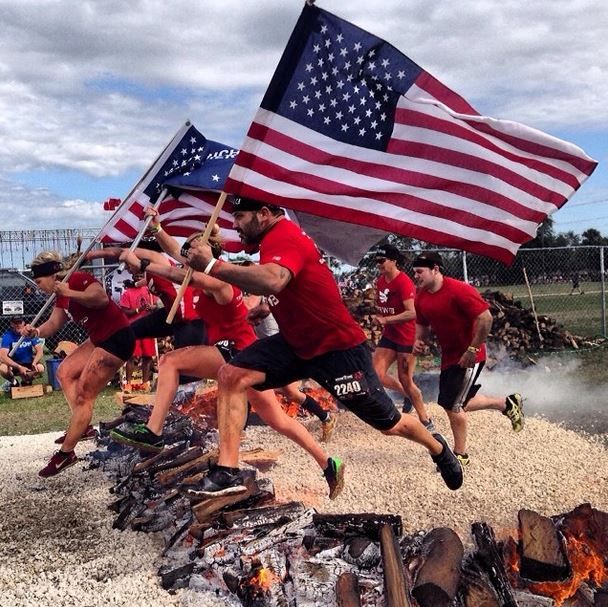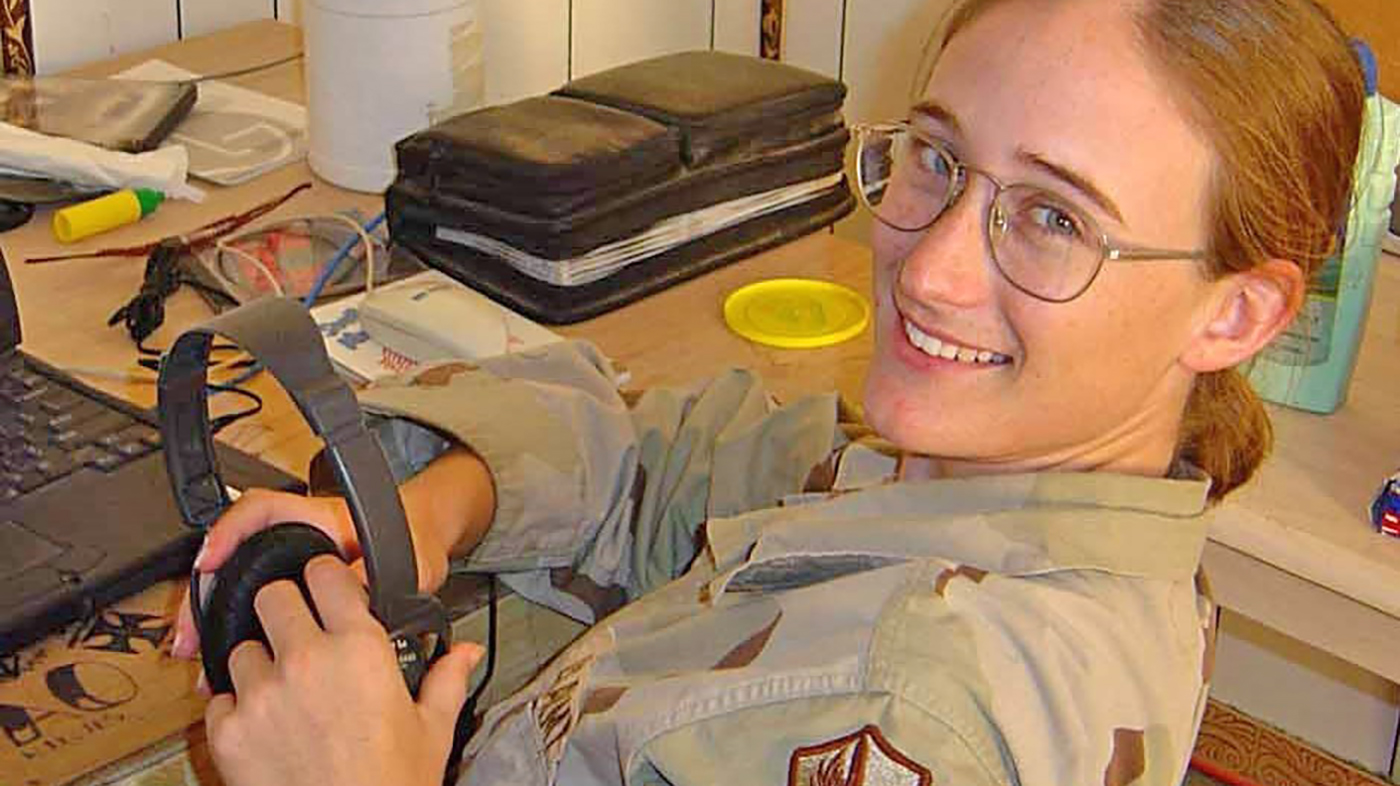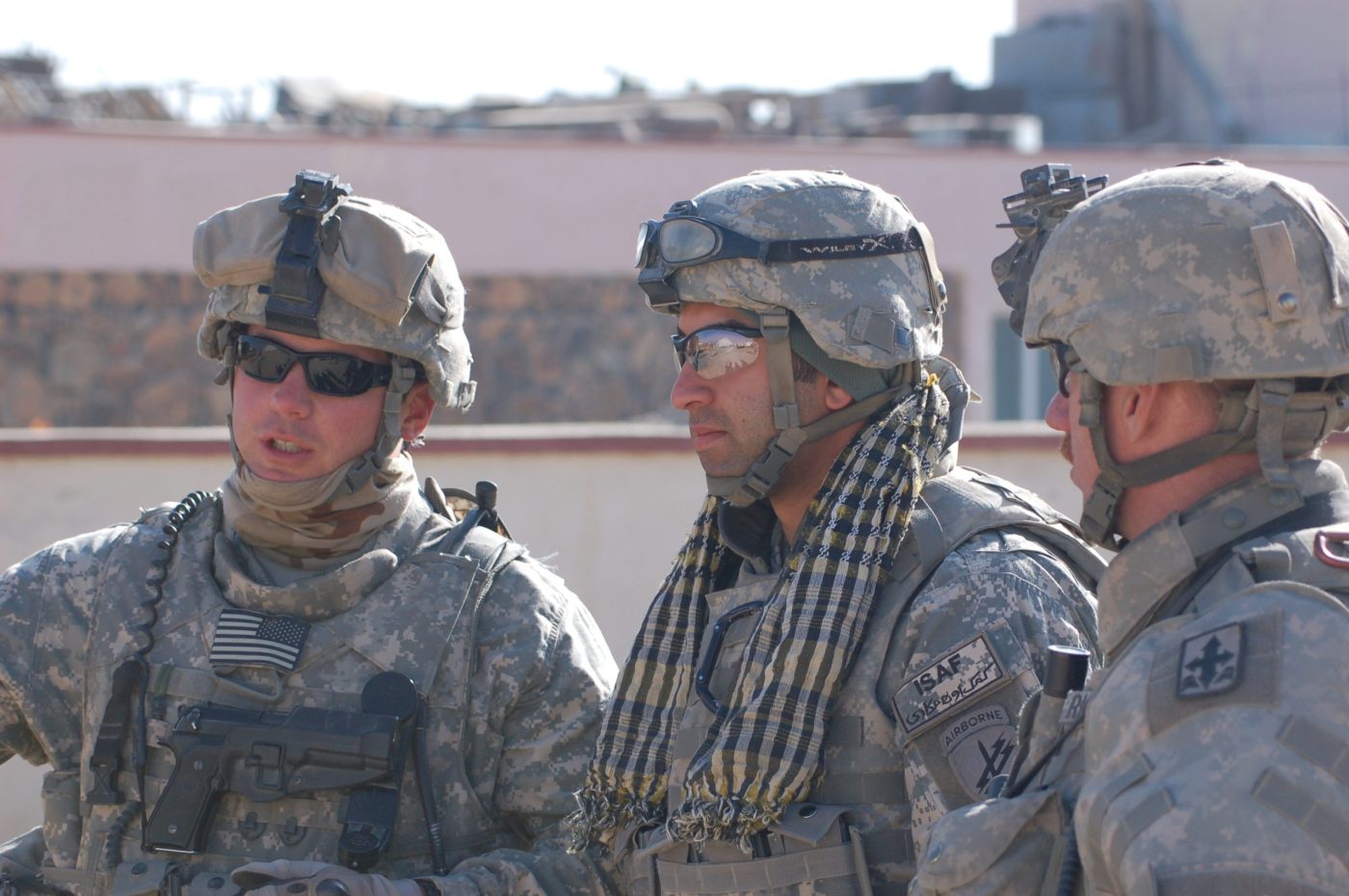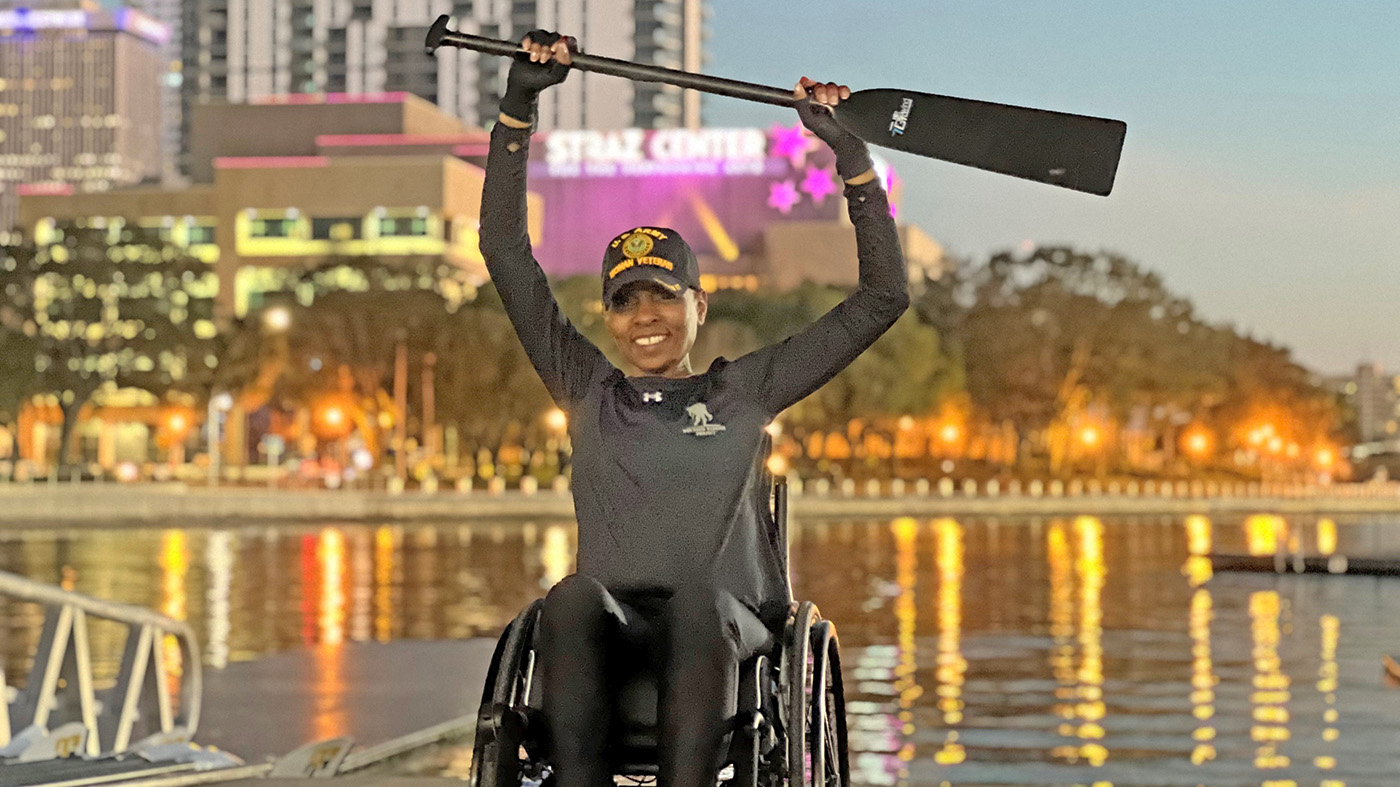I’ve been involved in the Veteran support world for close to a decade now. For most of that time, the general consensus of what constitutes effective support focused on two key areas – education and employment. Get a Veteran to school or get them a job, and everything will be good. Right?
Those two focus areas absolutely matter. Maslow’s hierarchy of needs clearly shows us that basic needs such as food, water, and shelter must be met in a person before they can be expected to achieve their potential, and the most direct route to achieving this in most people is a stable job.
The major gap in this paradigm, however, is Veteran well being.
Well being is defined in different ways by different people, but it generally encompasses the following key components:
- Physical Health
- Mental/Emotional Health
- Community/Relationships
- Purpose Identity
On well being
Crucially, most Veterans need to improve their well being. Well being is complex and multivariate, so let’s focus on one important component: physical health.
Did you know that 75-84% of OIF/OEF Veterans are considered overweight/obese in the years following discharge from military service? It’s likely because Veterans typically pick up unhealthy lifestyles during the reintegration process. They may stop exercising and increase nicotine and alcohol use, which leads to rapid weight gain.
As such, Veterans are significantly affected by obesity and related cardiovascular conditions (like coronary artery disease and strokes), more-so than their civilian counterparts.
However, that’s not the only problem.
Getting back to well being – physical, mental, and emotional health issues can often occur together, so as your physical health gets worse, you may be more prone to darkening moods and the feelings of loneliness and social isolation many Veterans experience.
The solution?
Regular exercise is the solution. It is an activity that not only affects your physical health, but it also positively affects well-being, including management of depressive and anxiety symptoms and recovery from alcohol and substance use disorders.
Exercise is correlated with things like increased perseverance, positivity, resilience, and self-esteem. It’s even been well documented that exercise is as effective as some drugs in treating depression! (1)
That’s why physical activity is a cornerstone of what we do at Team RWB. There’s strong evidence that it’s effective in preventing and managing many forms of chronic disease and disability, improving sleep quality, and extending longevity.
It’s tough to find someone that doesn’t acknowledge the importance of regular physical activity. It’s also equally tough to find someone who doesn’t acknowledge that the physical health of Veterans, on average, is poor. Just ask our friends at the Wounded Warrior Project – they have been very vocal about this trend – see here.
How and where to make a change
Unfortunately, physical health in Veterans seems to be getting worse over time, not better. Maybe the bright side of this is that it might reach a place in which it is so bad that we are forced to care as a space. I sincerely hope that’s not the case.
Believe me, I get it. Getting back to exercising is scary and it can be hard. If it seems like a daunting task, however, we’re there to help at Team RWB. We have tons of ways to get you moving in a supportive way. Just check out teamrwb.org to find your local chapter.
Note: this article pulls from themes originally discussed in the manuscript on the Enriched Life Scale here. References and underlying data are contained there as well.
Disclaimer: This is an opinion article. The sharing of any non-VA information does not constitute an endorsement of products, services, or policies on the part of the VA.
John Pinter is the Executive Director of Team Red, White, and Blue (Team RWB). He is a West Point graduate and combat veteran, serving as a Field Artillery officer. After his military service, he held both leadership and analytical positions in the construction, defense, and medical industries.
Topics in this story
More Stories
March is Women’s History Month, a time to celebrate and […]
Army Veteran and VA employee Umar Awan writes about his experiences at war in Iraq and fasting during Ramadan.
Army Veteran Malika Montgomery says one of the things that helped her live her best life with multiple sclerosis was surrounding herself with positive people.









I didn’t think so
May I ask if any of your options or services relate in any way to the National Veterans Golden Age Games, for Vets 55yrs and older, last year 105 and 106? So many of them were shunned for so long that their health; mental, physical and social effects are still in place. It seems that there are so many ways Vets need help that not communicating with other programs is just a form of stovepiping. Thank you for letting me talk. Gerald Piper ’70-’74, Army.
I will tell you about physical health for veterans and the VA. The VA spied on Disabled Veterans on social media and cherry picked photos and videos of Veterans engaged in physical activities that the VA claimed was proof they falsified their disability claim since the activity they were enraged in they should not have been involved in or able to do.
I think 300 Disabled Veterans were gone after by the VA this way.
My wife told me once the VA is as bad as an insurance company the viscous way they treat their veterans.